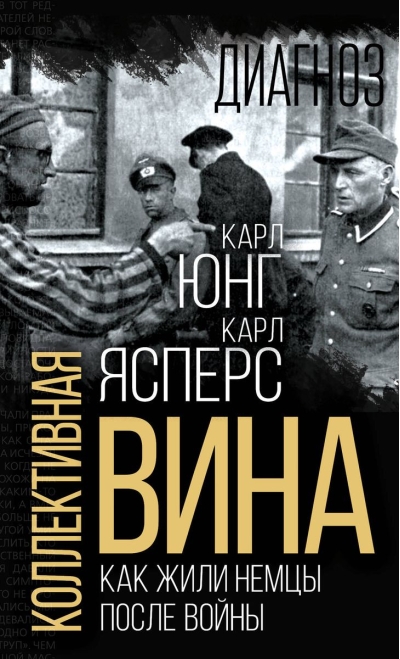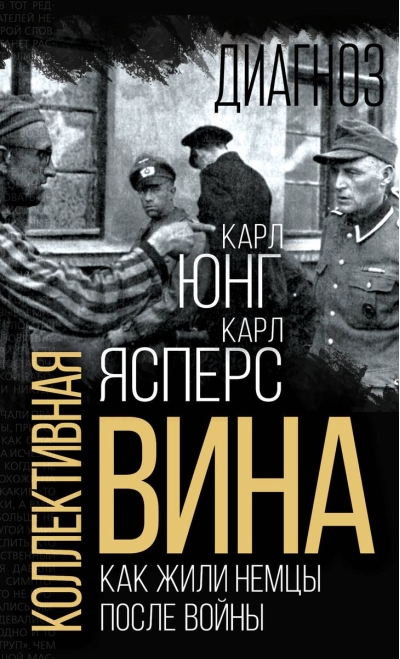Collective Guilt: How Germans Lived After the War
14.99 €
The only thing available 2
Many scientists left Germany with the arrival of the "Brown Plague". They cursed and forgot the country that literally threw them into the dustbin of history, but not Karl Jaspers, who decided to go through this ordeal together with his people. He cursed Germany in 1945.
In 1937, he was dishonorably stripped of his professorship for sympathizing with Jews, and then former colleagues began to poison the professor. The scientist did not want to leave the country even then. For eight long years he wrote "in a desk" and lived under the daily threat of arrest. In 1945, everything changed, the shackles of fascism fell. Jaspers thought that now all those who collaborated with the regime would go to the dustbin of history, where he spent a long eight years, but coming to the university, he met the same people who had organized the persecution against him. Everyone seemed to have forgotten about the past. The scientist could not survive this disgrace, he cursed Germany and left the country. Never again did he set foot on German soil, and the result of his disappointment was the main work of the philosopher: "The Question of Guilt", in this essay he first justified and formulated the concept of "collective guilt". This work was the beginning of a great process of comprehension of the phenomenon of fascism, and it is this work, as well as a number of essays and interviews by Carl Jung and Sigmund Freud, who tried to conceptualize the question of guilt from the standpoint of analytical psychology, that make up this book.
In 1937, he was dishonorably stripped of his professorship for sympathizing with Jews, and then former colleagues began to poison the professor. The scientist did not want to leave the country even then. For eight long years he wrote "in a desk" and lived under the daily threat of arrest. In 1945, everything changed, the shackles of fascism fell. Jaspers thought that now all those who collaborated with the regime would go to the dustbin of history, where he spent a long eight years, but coming to the university, he met the same people who had organized the persecution against him. Everyone seemed to have forgotten about the past. The scientist could not survive this disgrace, he cursed Germany and left the country. Never again did he set foot on German soil, and the result of his disappointment was the main work of the philosopher: "The Question of Guilt", in this essay he first justified and formulated the concept of "collective guilt". This work was the beginning of a great process of comprehension of the phenomenon of fascism, and it is this work, as well as a number of essays and interviews by Carl Jung and Sigmund Freud, who tried to conceptualize the question of guilt from the standpoint of analytical psychology, that make up this book.
See also:
- All books by the publisher
- All books by the author
- All books in the series Diagnosis











